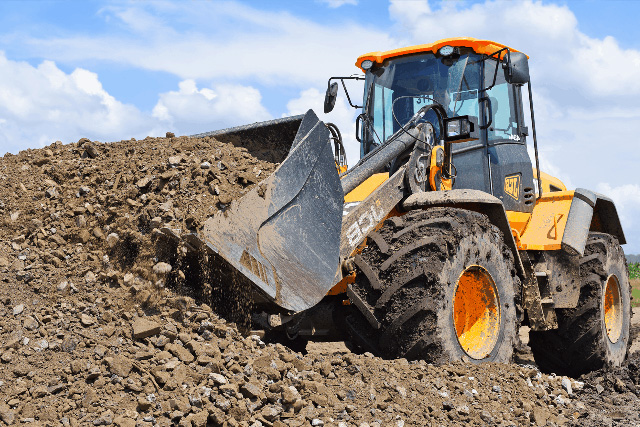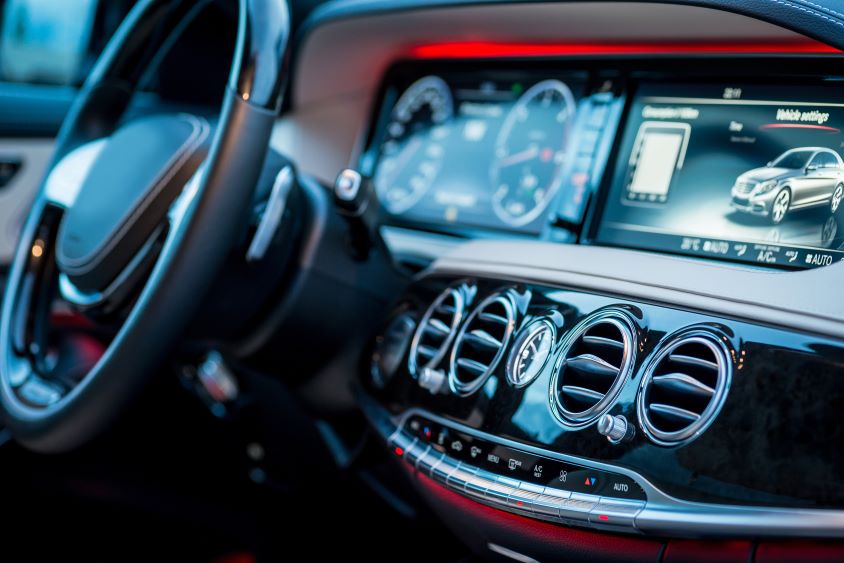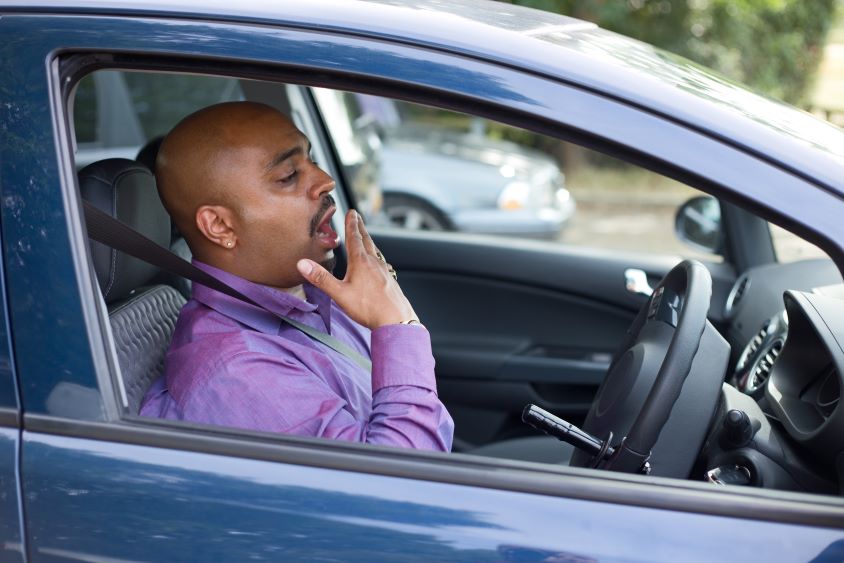New cars are packed full of the latest technology and gadgets, with everything from in-car entertainment to satellite navigation, connected telematics and much more.
That said, the plethora of tech within the latest models can be confusing for some of us, so it’s perhaps unsurprising to learn that more than a third of UK drivers do not know how to use all the features of their own vehicles.
Lack of training leaving many in the dark
Research carried out ahead of this year’s British Motor Show has revealed that 35 per cent of UK car owners admit to being unable to effectively use a host of systems that come built-in to their vehicle.
Indeed, 20 per cent of respondents stated they understand how to use less than half of the technology at their disposal, while ten per cent said they use only a fifth of the technological capabilities of their car and instead “just drive it”.
Andy Entwistle, CEO of the British Motor Show, commented: “Our industry should be extremely proud of the technology it has and the show is the perfect opportunity to show it off, but it’s clear that consumers need greater understanding about just how technologically advanced cars are.”
The study revealed that one of the biggest hindrances to usability of many of the latest in-car systems is not enough information being shared by dealers when the vehicle is being purchased. This was a complaint by 71 per cent of drivers.
Overall, 25 per cent of respondents claimed they were given no information whatsoever on how to use the features of their car when they bought it, or even which features it had to offer.
That said, motorists wishing to learn more can always do so by simply reviewing their vehicle’s user manual.
Cutting edge technology for a new decade
All in all, many of the newest cars are a dream come true for your typical technophile, and this year’s Motor Show aims to put the very latest gadgets, gizmos and automotive aids at the centre of its offering.
“Pioneering tech will play a huge part at the British Motor Show 2020,” Mr Entwistle argued.
“We’ll have the innovators of the past, present and future all together in one location and provide show visitors with the opportunity to immerse themselves in all of the latest and greatest tech that the car industry has to offer.
“The show will also give those who feel less confident with the technology or who simply don’t understand it the chance to find out more without the pressure of a hard sales environment.”
Running from August 20th to 23rd at Farnborough International in north-east Hampshire, this year’s Motor Show is expected to attract crowds of more than 50,000 visitors and tickets are now on sale.
Jenny Smith, general manager for Tele-Gence, commented: “Getting to grips with the huge increase in built-in technologies can be a challenge for today’s drivers, but with so many hidden features not being utilised to the full, it might pay for many people to do a bit of research – you never know what essential driver aids you could be missing out on.”
Your business can benefit from affordable telematics with no hidden start-up fees or long-term commitments. Find out how at www.tele-gence.com





